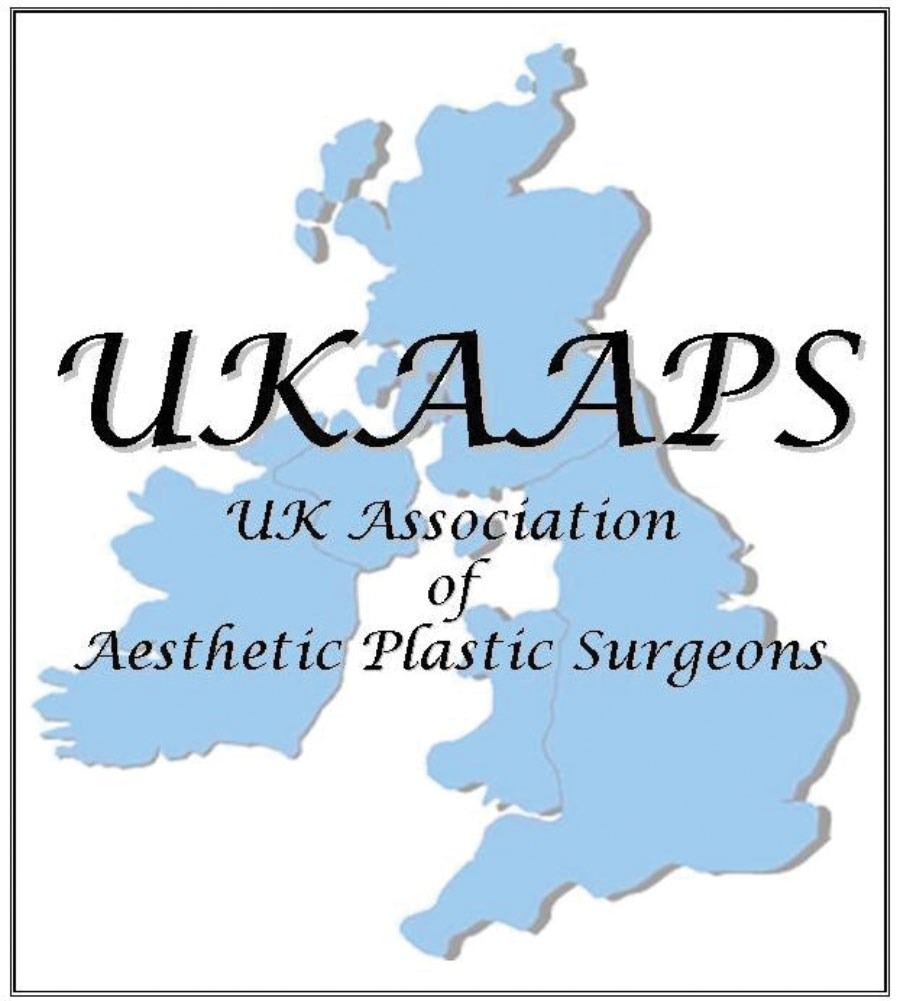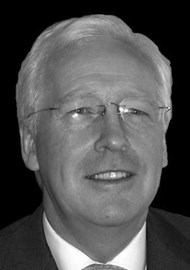The UK Association of Plastic Surgeons (UKAAPS) is delighted to support PMFA News and recognises the niche it holds in the education and dissemination of information about plastic surgery to surgeons, patients, regulators, facilitators, media and the general public.
As President of UKAAPS, I think it is incumbent on me to highlight the current situation with regards to the recognition and training of aesthetic surgery within the UK. UKAAPS was formed in 2010 during a meeting of seven like-minded senior plastic surgeons. The majority of those surgeons were in full-time private practice, having previously been National Health Service (NHS) consultants. All were concerned about four main issues:
- The support for inter-disciplinary training by the British Association of Aesthetic Plastic Surgeons (BAAPS) and the British Association of Plastic, Reconstructive and Aesthetic Surgeons (BAPRAS) and its impact on the future of plastic surgery, together with their endorsement of enrolment of non-plastic surgeons as full members of the national societies.
- The numbers of newly qualified plastic surgeons who had / have no prospect of a definitive NHS appointment. What can be done to improve their future prospects?
- Newly qualified and many NHS established consultants who have neither been educated / trained nor examined in aesthetic surgery or non-surgical aesthetics competency. Additionally, the misinformation on websites about experience and training of newly qualified plastic surgeons.
- The apparent inability of the Royal College of Surgeons (RCS), the plastic surgery associations, the NHS, the General Medical Council (GMC) and the university deaneries to support aesthetic surgery as a speciality. UKAAPS feel that aesthetic surgery, including non-surgical aesthetics, are worthy of ‘super-specialist’ status.
To enlarge upon these points invites controversy but is important because patient safety is fundamental. Recognition and membership of UKAAPS within the International Society of Aesthetic Plastic Surgery (ISAPS) alerted us to the concept of the ISAPS Safety Diamond, introduced by the then Chairman, Prof Foad Nahai. Honesty, in regards to a surgeon’s experience and training, is fundamental to patient safety. UKAAPS principles helped develop tools for assessment and competency of newly qualified plastic surgeons, specifically in aesthetic surgery and non-surgical aesthetics.
This is a specific recommendation within the 2012 Keogh Report but has been enacted by UKAAPS over the past three years with the introduction of the MCh in Aesthetic Surgery Practice at the Anglia Ruskin University (ARU). There is evidence that both BAAPS and BAPRAS are not actively supporting the idea of such higher specialist training of plastic surgeons in aesthetic surgery. Clearly their decision is wrong. If plastic surgeons wish to command the moral high ground and speak with authority, then they must demonstrate that they have systems and qualifications that the public can recognise, as evidence of competency, to perform aesthetic surgery.
The MCh ‘student’ is a fully qualified and insured surgeon who gains credits through successful performance in 14 aesthetic surgical competencies, and is then examined by a properly convened panel of university appointed examiners before being awarded a diploma. The MCh degree can only be achieved by obtaining further credits through extended learning and a dissertation. This qualification enables the plastic surgeon to truly inform the public that they have received ‘hands-on’ training, and been assessed as competent to perform aesthetic surgery and non-surgical aesthetics within the private sector.

This is of particular relevance when newly accredited plastic surgeons, on the GMC specialist register but without definitive NHS appointments, find it impossible to gain admitting rights to a private hospital. These outdated and protectionist rules, at present, prevent the granting of such privileges.
Without the facility these unfortunate surgeons cannot practice unless they join the cosmetic surgery groups and become ‘surgeon tourists’. The MCh in Aesthetic Plastic Surgery provides evidence of the highest levels of specialist training and competency thus giving any private hospital a new yardstick by which to measure the granting of admitting privileges.
The NHS does not fund aesthetic surgery within their facilities. Through obvious conclusion, cosmetic surgery is therefore not taught or supervised to trainee plastic surgeons. There are a few fellowships available but these do not allow the trainee to follow the clinical pathway of the patient; nor do they allow any individual responsibility to the surgeon. More importantly, these fellowships neither ‘hands-on’ train the surgeon with independence nor give an assessment of the competency of the surgeon through a validated examination system. Since the start of the MCh programme, it has become clear that plastic surgeons, and others, should not be advertising their competency or abilities in cosmetic surgery through websites without evidence of higher training.
Recently I assisted as an examiner for a ‘practice’ FRCS(Plast) of a number of young plastic surgeons in training. I would have failed all of those examined because their knowledge and understanding was inadequate. The following week nearly all passed their official FRCS(Plast) examinations! Clearly there is a problem here. Are my expectations too high? I don’t think so. Patient safety is the issue. I can’t understand why a plastic surgeon in training can be examined for the FRCS(Plast) only halfway through a six-year programme.
It is a poor way of protecting the public when we can only rely upon the almost ‘automatic’ granting of a Certificate of Completion of Training (CCT) after six years training without evidence of further training through an examination. How many young surgeons have been denied a CCT after six years of training? For over 18 months, I have questioned why the FRCS(Plast) cohort of examiners only contain plastic surgeons who are currently employed by the NHS. As a plastic surgeon exclusively in private practice, having worked as a consultant in the NHS for over 11 years, I can assure the RCS and BAPRAS that they are accepting a very low standard if they are examining aesthetic surgery at the FRCS(Plast) level.
With no experience at all of cosmetic surgery, how can they be examined? There are many plastic surgeons, like me, members of UKAAPS, who would gladly give up their time to help train and examine candidates. Unfortunately, we appear to be discriminated against because we don’t work for the NHS although we are Full Members of the national societies and the royal colleges.
How then do we raise standards in aesthetic surgery if we can’t examine ‘students’ to a higher level of education and competency? The answer lies with the universities. They are independent of the state system, which all the royal colleges and national societies favour. This common sense approach also satisfies the tax-payer’s view that individual patients should pay for cosmetic surgery, not the State.
The training of a plastic surgeon in cosmetic surgery should be at the expense of the surgeon through private practice. However, the problem is this: the true benefit of aesthetic surgery training relies on how aesthetic surgical skills developed can be extrapolated to help NHS, and non-NHS, patients who suffer severe disfigurement and deformity. For the plastic surgeon with no interest in cosmetic surgery, surely needs to have the knowledge and skills of the aesthetic plastic surgeon. Where is this taught?
There is a compromise. In my view, BAAPS, BAPRAS, the royal colleges, the GMC and the deaneries need to come together and recognise a qualification for super-specialist training in aesthetic surgery. Only through this way can the public be truly protected.
Both BAAPS and BAPRAS were invited to respond to this article, but made the decision not to comment at this time. PMFA News is a forum for communication from all sectors of the profession and we would welcome our readers’ opinions on the issues raised within this article. If you would like to share your thoughts, please email Diana@pinpoint-scotland.com
Declaration of competing interests: None declared.




